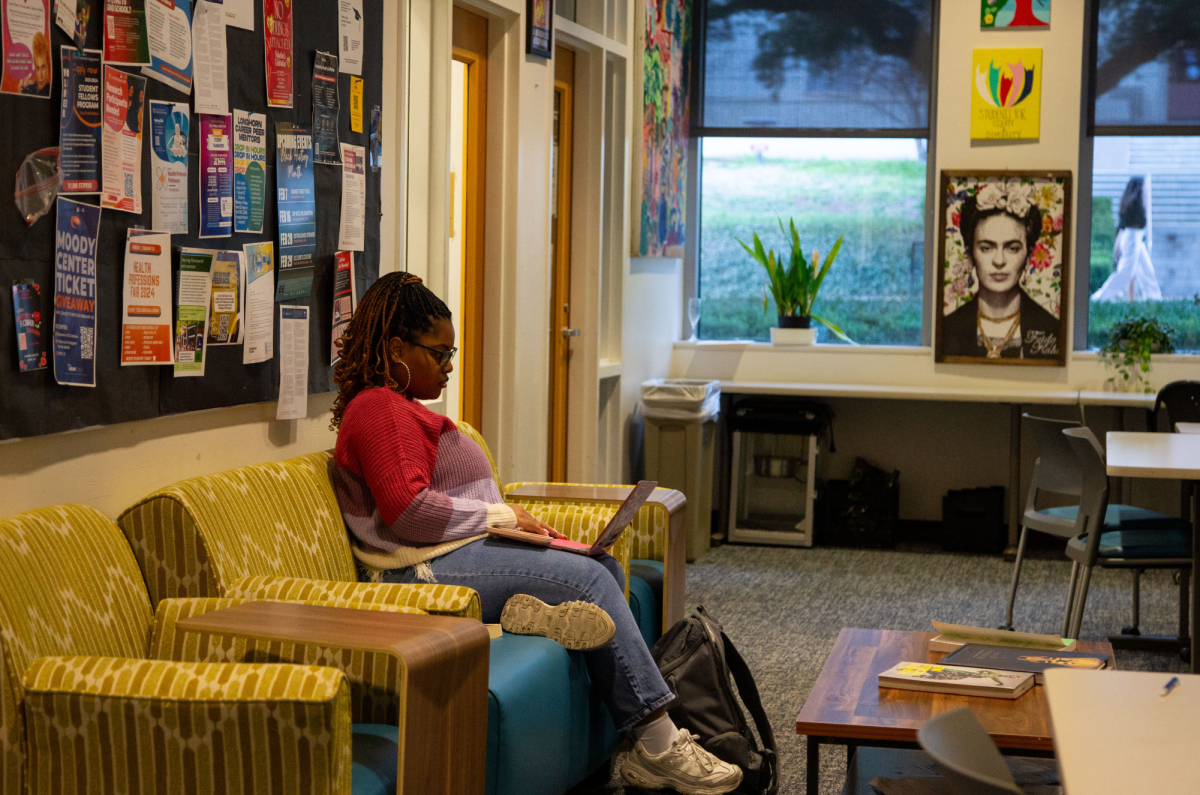Beauty may be more than skin-deep, according to a recent study finding that attractive people are also happier than their homelier peers.
Attractive individuals are generally happier than their less-attractive counterparts in large part because of economic benefits resulting from their good looks, according to a research analysis two University economics professors released Monday.
The top-15 percent of good-looking people are more than 10 percent happier than those ranked in the bottom 10 percent of looks, according to a study conducted by Jason Abrevaya and Daniel Hamermesh, the latter of whom is also a women’s and gender studies professor. Hamermesh said the results of the research comparison, published on the Germany-based Institute for the Study of Labor’s website, should not be overestimated.
“It is important to know the size of the effect, that it’s there — not tiny but not huge,” he said. “This should make less-than-good-looking people feel better about themselves — be happier.”
Hamermesh and Abrevaya analyzed five studies involving more than 25,000 people in the U.S., Canada, Germany and the U.K. Interviewers asked participants about their overall life satisfaction and rated participants’ attractiveness. Hamermesh said the subjective nature of interviewers’ rankings of participants’ attractiveness is not a problem.
“Of course, beauty is subjective, but people tend to agree on who’s good-looking and who isn’t,” he said.
Economic benefits that come with beauty — such higher salaries, better-looking spouses with higher salaries and better terms on loans — account for the majority of this effect, according to the study.
The total effects of beauty on happiness were similar for men and women. The direct effect of beauty was larger in women, accounting for 50 percent of their increased happiness, while the direct impact was less than one-third for men.
“People just feel better about things knowing they’re good looking, independent of any effects on wages, markets and other such effects,”
Hamermesh said.
Psychology graduate student Jessica Jankowitsch said she works at UT’s Langlois Social Development Lab on research about how people begin to form stereotypes about attractive people beginning in infancy.
“Even at a very young age, infants prefer attractive faces,” she said. “Attractive faces tend to be closer to a populational average, and because of this, they’re easier on the brain — They can be processed more rapidly.”
Once a natural preference for attractive faces develops, people tend to associate more positive traits with attractive people. They will then provide attractive people more opportunities and treat them better, creating an increased potential for happiness. Yet, the effect of the stereotype is small, Jankowitsch said.
“It just gives an upper edge in some certain circumstances and situations,” she said.
Journalism junior Doa Jafri has modeled for Spark Magazine, a publication produced by the University group Student Fashion Cooperative. Jafri said she couldn’t work at Wilhelmina Brown Model Management without her above-average looks. Yet, she said being attractive can also impair
career opportunities.
“Sometimes, if you’re trying to talk business with someone, they might take it the wrong way if you’re young and look a certain way,” she said. “You’re just not taken seriously.”
——————————————————————————–




















